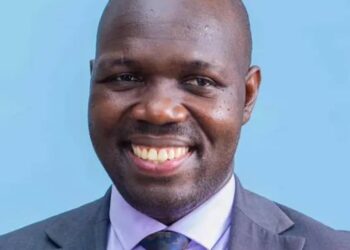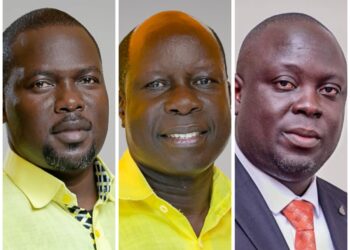Africa is a continent of incredible diversity, encompassing vast deserts, lush rainforests, and everything in between. With a burgeoning population and increasing urbanization, the demand for reliable and sustainable energy sources is greater than ever. Wind energy holds the promise of being a crucial component of Africa’s energy supply, but its transformational potential remains largely untapped.
Access to reliable electricity remains the foundation of any modern economy. However, Africa mostly sub-Saharan Africa has only 48% access rate compared to 87% globally. This is despite the continent’s increasing population and rapid urbanization. The concern remains how Africa can bridge this energy deficit gap and deliver full electrification. Wind energy has the potential to electrify the continent and to power economic growth and development. However, scaling up wind energy on the African continent faces numerous obstacles, hindering its rapid uptake.
Africa faces a significant energy challenge. According to the International Energy Agency (IEA), more than half of the African population lacks access to electricity, and the continent experiences frequent power outages. While some countries are rich in fossil fuel resources, these are often exported rather than used to address domestic energy needs. Additionally, fossil fuels contribute to pollution and climate change, which can have severe consequences for a continent already grappling with environmental issues.
Energy is playing a key role in Africa’s energy supply but its transformational potential remains untapped, a new report on the status of wind energy on the continent has found. The inaugural report, which was produced by the Global Wind Energy Council’s Africa Wind Power initiative, takes stock of wind energy’s footprint, the role it plays now and its “bright future prospects” in Africa.
Despite the abundant renewable energy sources in these countries, they are yet to fully harness the potentials, therefore, resulting in their deficiencies in contributing to the electrical power generation per country. The bulk of the problems associated with renewable energy in African countries are: little interest and lopsided policy on renewable energy, enforcing existing policies, high renewable energy tariff, and lack of adequate infrastructure.
Africa currently generates 81% of its power from thermal sources, with only 1% coming from wind. This overreliance on fossil fuels makes electricity generation inputs such as oil and gas susceptible to global commodity price hikes. Africa’s overconsumption of fossil fuels, regulatory costs and subsidies to fossil fuels continue to create an uneven playing field, hindering the uptake of renewable energy, including wind.
Wind energy offers a cleaner and more sustainable alternative to traditional fossil fuels. The vast and varied landscapes across Africa make it particularly well-suited for harnessing wind power. The continent boasts several promising wind corridors, including the Horn of Africa, the Sahel region, and South Africa. These areas have consistent and strong winds that can be harnessed to generate electricity.
Wind energy is a virtually unlimited resource in many African countries. The consistent nature of wind patterns in certain regions can provide a constant and reliable source of electricity. Wind power is environmentally friendly, producing no direct emissions or pollutants. This is critical for a continent where air quality and public health are already significant concerns.
Investing in wind energy infrastructure can create jobs and stimulate economic growth. It offers the opportunity for local manufacturing, construction, and maintenance of wind turbines and associated equipment. Wind power can be harnessed on a smaller scale to provide off-grid and decentralized electricity solutions, reaching remote and underserved communities.
To fully unlock the transformational potential of wind energy in Africa, several key steps can be taken:
- Governments, international organizations, and the private sector should increase their investments in wind energy projects. Financial incentives and grants can help kickstart the development of wind infrastructure.
- Knowledge sharing and technology transfer can help African nations acquire the expertise needed to develop and maintain wind energy installations. Collaboration with established wind energy markets can be invaluable.
- Engaging local communities is essential. Projects should aim to benefit local populations, both through job creation and affordable energy access.
- Governments must create a favorable regulatory environment that encourages investment and growth in the wind energy sector. This includes setting clear targets for renewable energy deployment and offering incentives for investors.
Wind energy can play a crucial role in Africa’s energy supply, offering a sustainable and environmentally friendly solution to the continent’s energy challenges. However, its transformational potential remains largely untapped due to various obstacles. With concerted efforts, including investment, technology transfer, and policy support, Africa can harness the full potential of wind energy, bringing about economic development, environmental sustainability, and improved energy access for its people. Africa’s energy future could very well be blowing in the wind, waiting to be captured and harnessed for the benefit of all.
Patience katusiime
Program assistant at Environment Governance institute
Do you have a story in your community or an opinion to share with us: Email us at editorial@watchdoguganda.com













